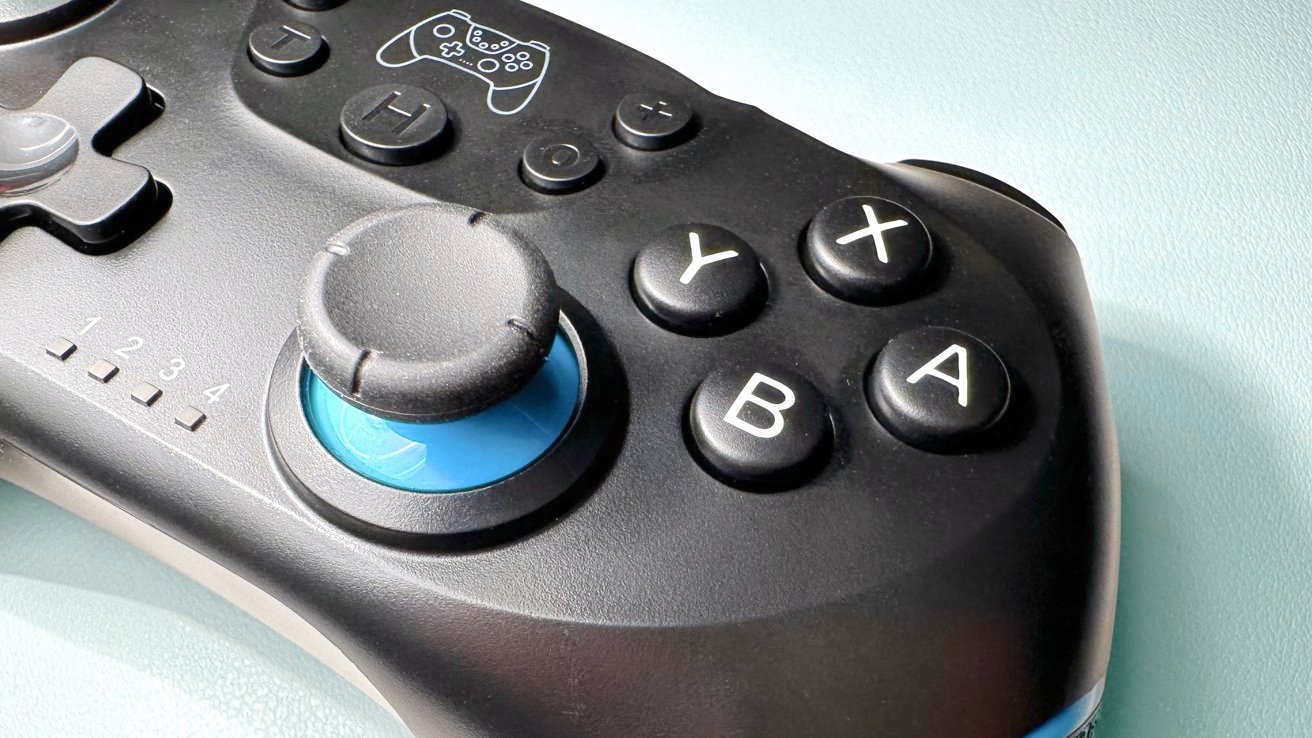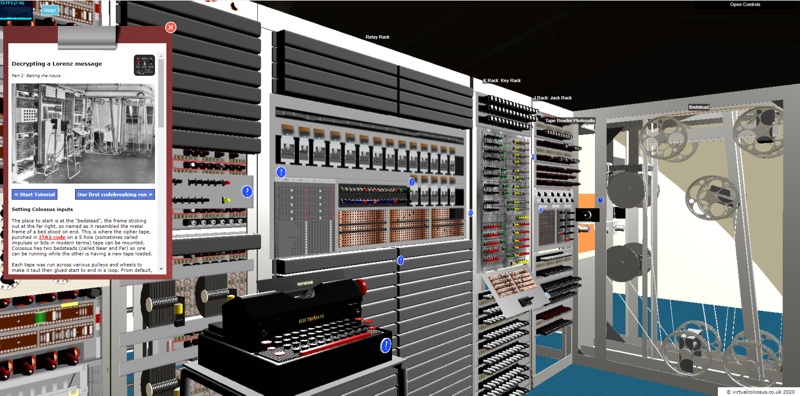
Selecting the best computer for your business needs requires careful consideration of several factors beyond just the price. Understanding the specific requirements of your business operations can guide you in choosing between a consumer-grade machine and a business-grade computer. For tasks that demand robust performance, such as running specialized applications, a high-quality business computer is essential. It is crucial to assess whether the software your business relies on is cloud-based or requires local installation, as this will influence the processing power needed.
For power users, it is advised not to compromise on the system configuration. Business computers designed to handle heavy-duty operations typically come with features that protect them from the rigors of extended use, such as moisture and dust-resistant cases. When it comes to purchasing, small businesses might find better support and services through major manufacturers or supply houses, which cater to the needs of smaller firms with setup and technical support.
The choice between a desktop and a laptop for business use largely depends on the mobility needs and working environment of your business. With advancements in technology, laptops now offer comparable performance to desktops, making them a viable option for those requiring flexibility without sacrificing power. Moreover, the importance of screen size has diminished as laptops can easily connect to larger desktop monitors, providing a seamless productivity experience.
When evaluating hardware, processing power and on-board storage are top priorities. The central processing unit (CPU)’s speed and multitasking capabilities are crucial for efficient business operations. Modern businesses might adjust these specifications based on their reliance on cloud storage and SaaS applications. Moreover, while Intel chips have been the standard, AMD processors offer a cost-effective alternative without compromising on quality.
RAM plays a significant role in a computer’s performance, especially with operating systems like Windows 10 and 11, which demand more memory. Optimal performance in business applications usually requires at least 8GB of RAM, with higher capacities being preferable for more demanding tasks. The choice of processor and the amount of RAM are critical decisions that impact the speed and efficiency of business PCs.
Storage options also deserve attention, with solid-state drives (SSDs) offering faster data transfer and greater durability compared to hard disk drives (HDDs). For business use, a minimum storage capacity of 250GB is recommended, but larger capacities may be necessary depending on the company’s data storage needs.
Monitor or screen selection can affect productivity, with factors like size, resolution, and brightness playing significant roles in creating an eye-friendly work environment. Larger monitors or dual-monitor setups can enhance workspace efficiency by providing more extensive and flexible viewing areas.
In choosing between Apple and Windows PCs, it is important to consider the flexibility for upgrades and cost-effectiveness. Windows PCs generally offer more upgrade options and are less expensive, while Apple’s standardized configurations may limit post-purchase upgrades.
Lastly, considering the operating system is paramount for businesses, with Linux and Chromebooks presenting less costly alternatives that offer considerable computing flexibility. These options allow businesses to run a wide range of software and mobile Android apps, providing a versatile computing environment suitable for various business needs.
Source

/cdn.vox-cdn.com/uploads/chorus_asset/file/23905457/DSCF8502.jpg)






